1000 phones for aid workers fighting Ebola!
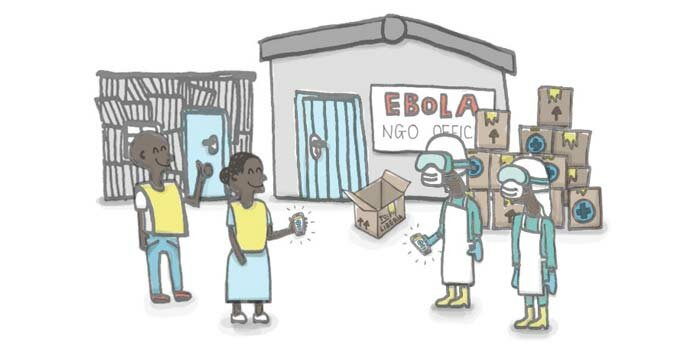

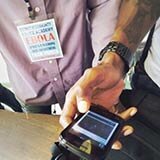
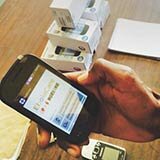
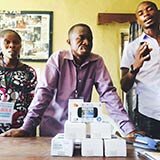
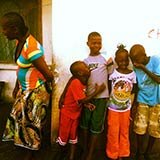
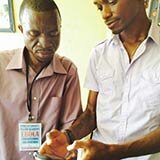
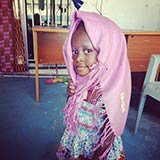
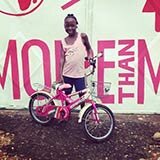

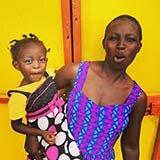
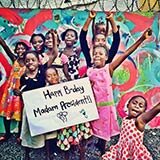

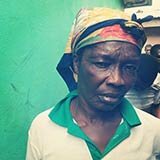

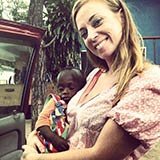
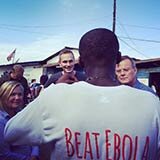
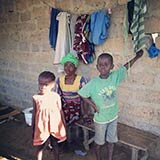

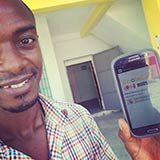
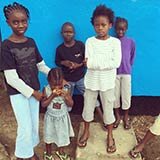
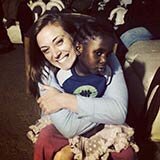
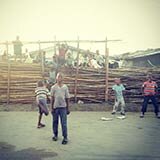
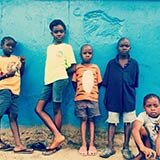
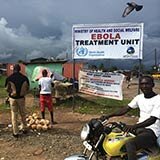
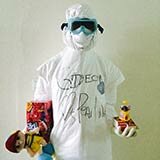



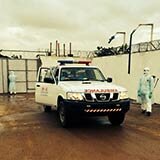
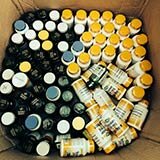
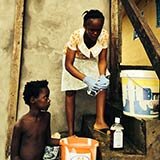

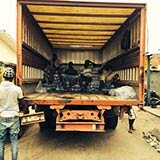
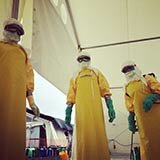
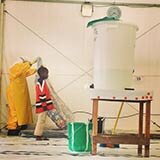
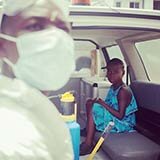
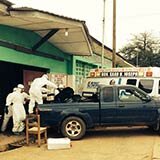
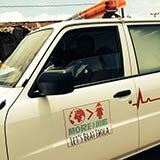
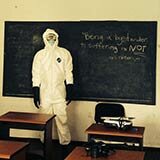
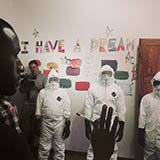
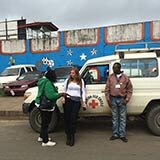

Aid organizations fighting Ebola desperately need faster access to data from the field. We built the Ebola Care app for their health workers to help coordinate efforts and collect data.
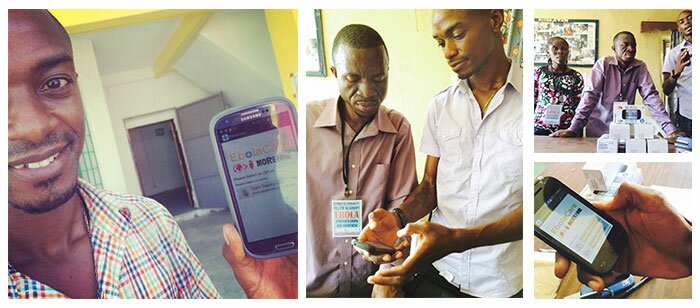
Sam Herring is using the app to manage Ebola efforts in Liberia
Medical information is collected by health workers using Android phones, and the data is immediately available online for decision makers. Results from the two pilots being run in Liberia have been extremely positive, and we are now in the process of deploying more than 1000 phones to aid organizations in West Africa.
“Real-time data provided by the Ebola Care App has improved our ability to communicate the needs of a particular area, as well as what we need as an organization to respond to that need.” - Sam Herring, More Than Me
We started our journey with Ebola by having talking with aid organizations fighting Ebola. That’s how we met Sam Herring, who heads up data management for More Than Me.

Aid organizations need data to make decisions
Between conversations with Sam and other aid workers we learned that they were relying on data collected in the field. The data tells them what's working, where they need to direct their efforts and helps them learn from their mistakes. The data is also shared with larger organizations like WHO, who are using information from hundreds of aid organizations to make big strategic decisions.
Data collected on paper forms takes days, or sometimes weeks to become available. My biggest priority is getting data from the field faster” - Sam Herring, More Than Me
Currently aid workers are using paper forms to collect the data. Various forms are used by teams doing contact tracing, visiting quarantined houses, educational events and building case files for children orphaned as a result of Ebola.
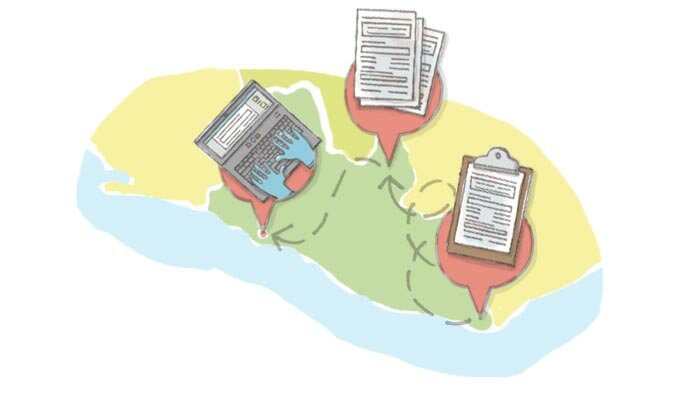
It can take days or weeks for data to become available.
The problem is that these forms need to physically make their way back to a facility where the forms can be typed into a computer system. It can take days or weeks for the information to become accessible, which means decision makers are always playing catchup to Ebola.
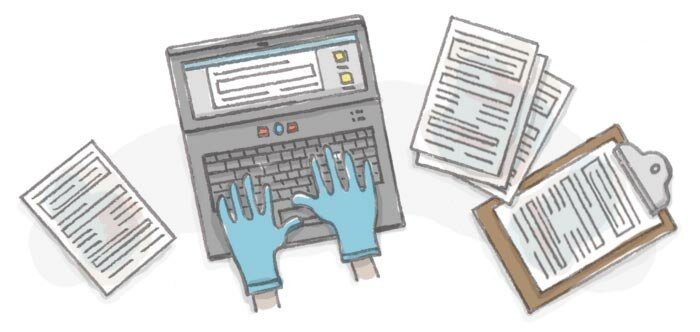
Sam says that he uses PPE gloves when handling paper forms
There are other challenges too. The collected data is sometimes inaccurate - especially the location data. When processes or forms are updated, which happens frequently, there are massive delays in getting updated forms out to remote teams.
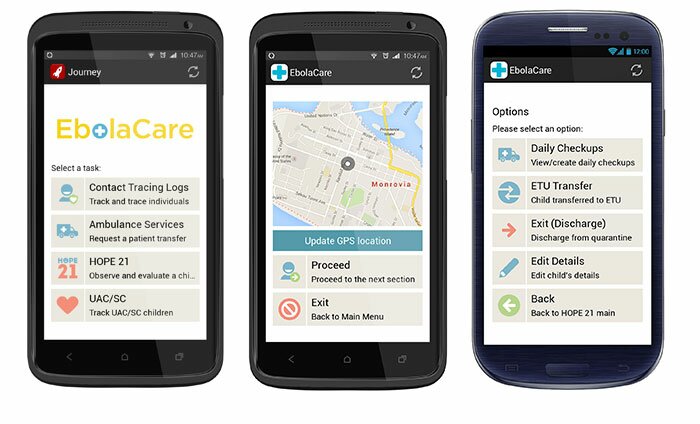
The Ebola Care app gives organizations real-time access to data
The Ebola Care app was built for aid organizations fighting Ebola. The app replaces paper forms, and gives decision makers realtime access to data from the field.
Ebola Care helps Ebola organizations with several core functions:
 |
Contact TracingFinding everyone who came in direct contact with a sick Ebola patient. |
 |
Tracking orphansCare for children abandoned due to parents contracting Ebola. |
 |
Ebola EducationCoordinate and track Ebola education events in communities. |
 |
Ambulance pickupsPatient data collection by ambulance teams. |
 |
HOPE 21Observe and evaluate children under quarantine |
In developing Ebola Care, we worked hand-in-hand with aid organizations on the front lines in West Africa. During the pilot phase we've released constant updates to the app based on feedback from the aid workers, and we will continue this iterative approach as we scale.
A good example of this is the Ebola Care Contact Tracing module. We realised that aid workers have a burning need for a simpler way to collect the dozens or something hundreds of names for the contact tracing process. We worked with Sam Herring until we had a process that he describes as "the best contact tracing method".
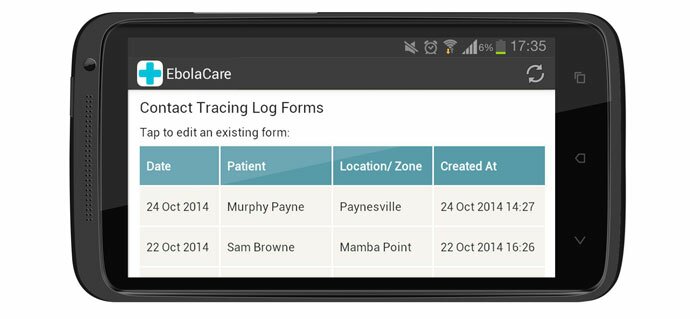
The Ebola Care app makes contact tracing easy
The application continues functioning without cellular reception. Data is cached on the phone and is automatically uploaded when network connectivity is regained. This allows the app to be used in the most rural locations.
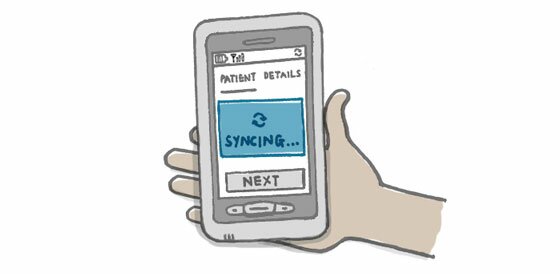
The app is fully functional without network connectivity
Ebola Care runs on Android and iOS, both tablets and phones. As you can imagine, being able to use cheaper devices means we can give phones to more aid workers. So we've optimised Ebola Care to run on even low-cost Android devices.
The Ebola Care app back-end includes cloud data storage and industry standard REST API’s to allow integration with existing and future medical information systems. The app also integrates with existing basic data management tools like Microsoft Excel and Google Sheets that aid organizations are using today.
Data is captured by health workers and automatically uploaded to a cloud system that can be accessed by decision makers at Ebola Treatment Units (ETUs) and aid organizations.
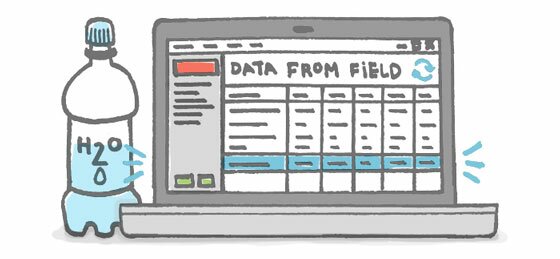
Data captured on the app is immediately available in reporting systems.
The application itself can be quickly updated remotely, without intervention required from the health workers. This capability has already allowed us to make improvements and incorporate new guidance from the Liberian Ministry of Health that could be deployed in the field within minutes.
The team behind the Ebola Care project is from a mix of non-profit and for-profit backgrounds, and team members have experience across diverse domains including mHealth, enterprise software, inclusive banking and medicine.
Our team is spread between Washington, Silicon Valley and South Africa. With the help of different time zones we are literally working 24/7 on this project. To reach us send an email to .
We've been fortunate enough to have received a massive amount of help and advice from some extraordinary people.
Organizations from across the world are working with us, and their ongoing support has allowed us to move very fast - within a week we had designed, built and deployed the first version of the Ebola Care app in Liberia. This wouldn’t have been possible without the incredible efforts of organizations like , and . They are doing amazing work and putting their lives on the line to fight this terrible outbreak.
Ebola Care was built on the Journey Platform, which allows rapid development of these kinds of apps.